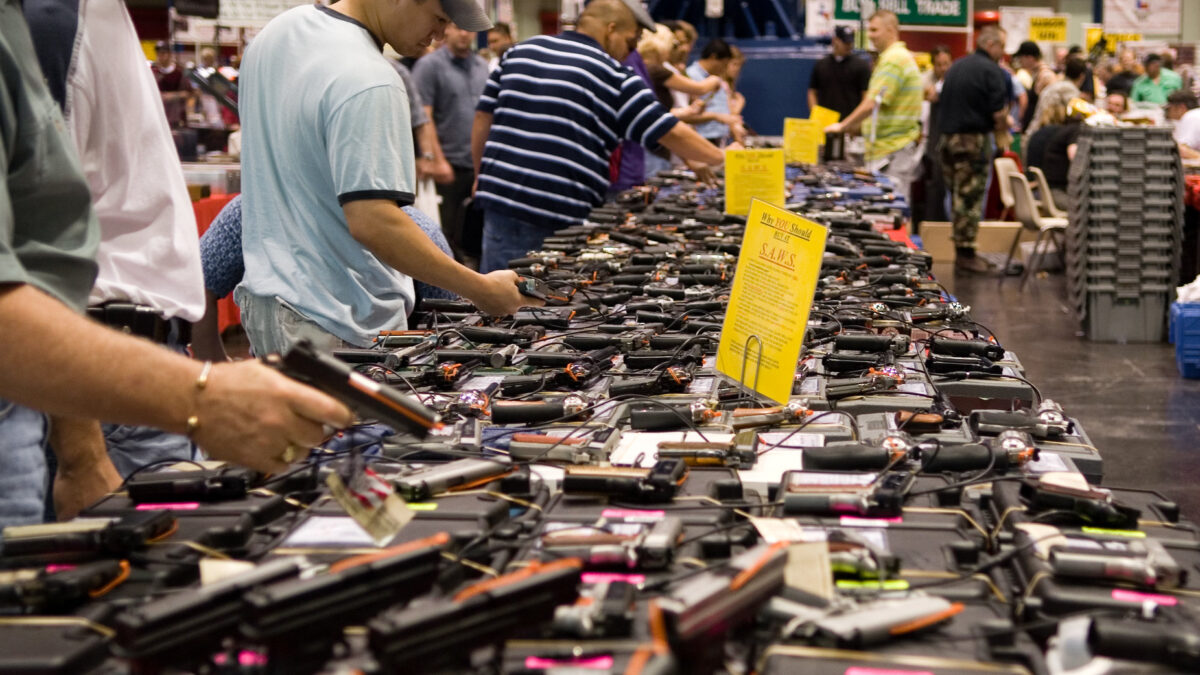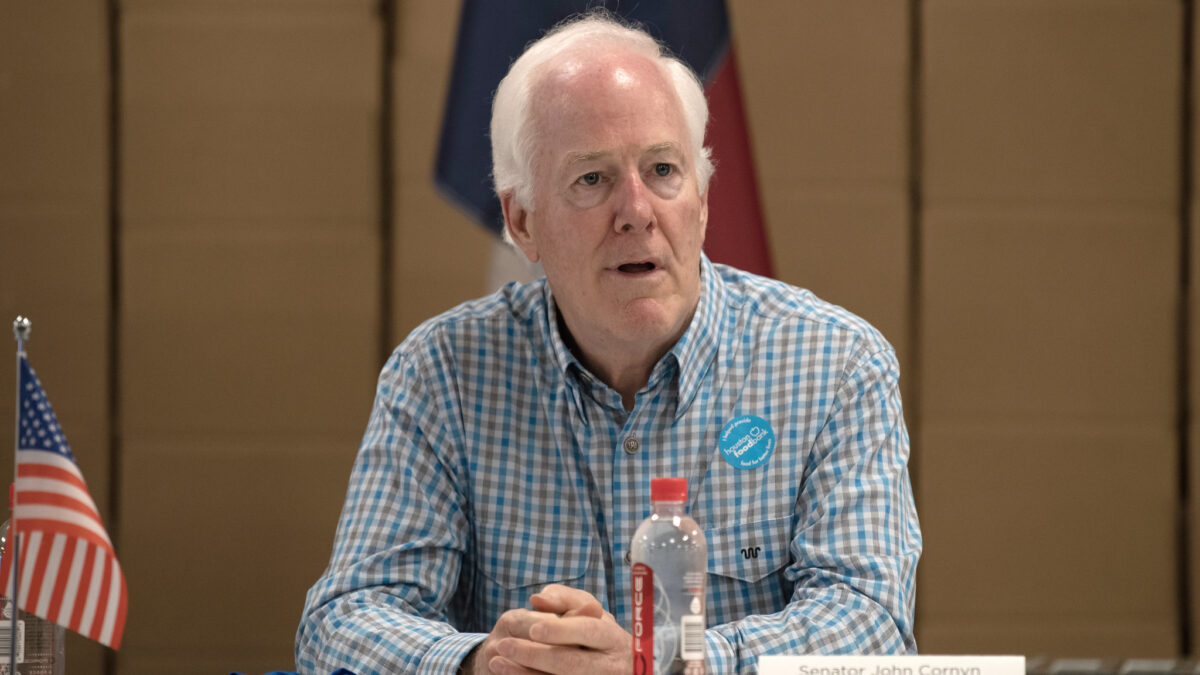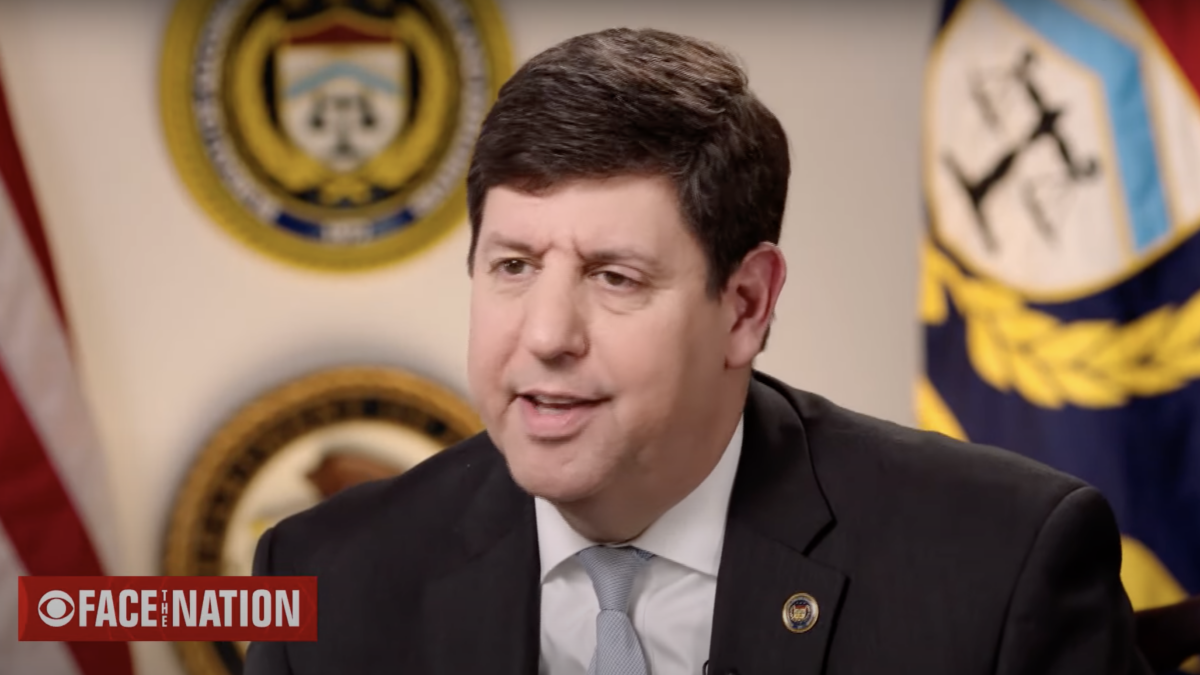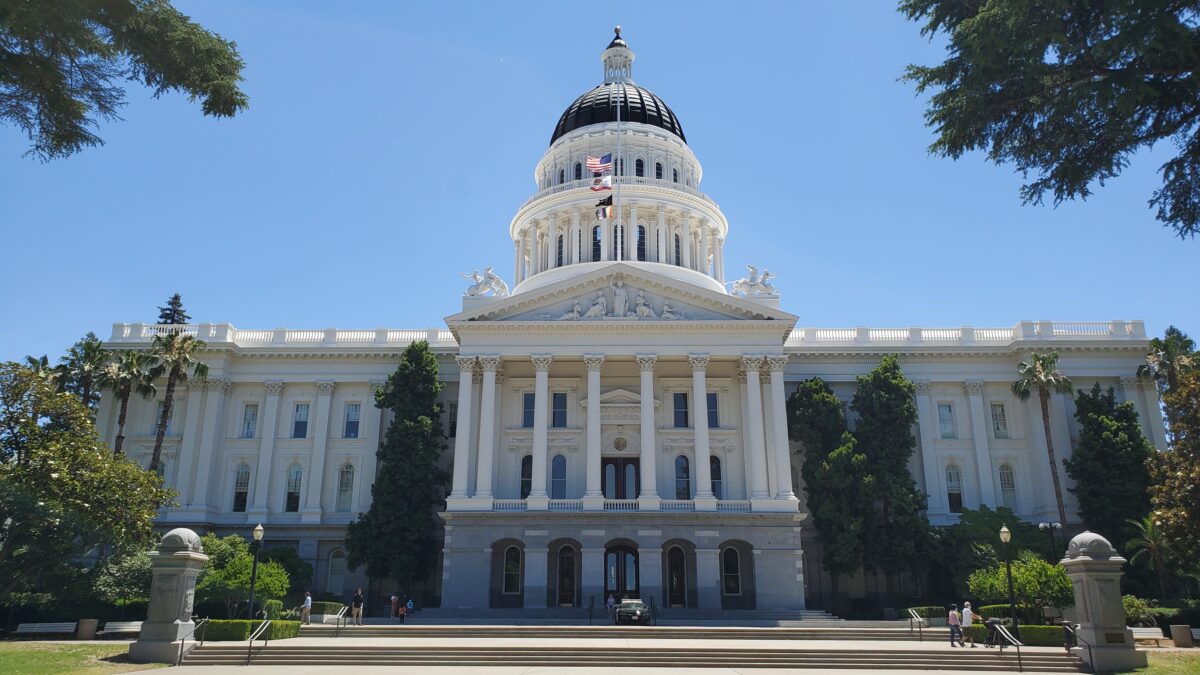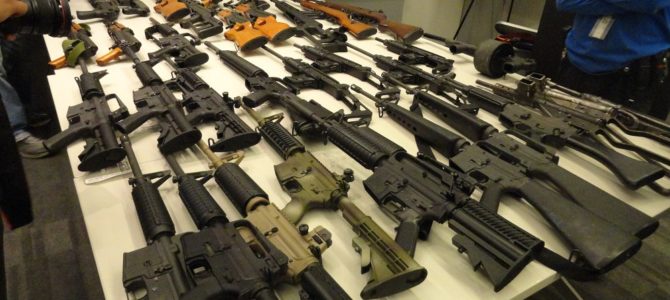
New Zealand’s government wants you to know that their first pass at gun confiscation was a great success, but a look at the facts may tell you otherwise. Exactly how these measures succeed or fail in New Zealand will illustrate the problem with the gun control plans of politicians both there and in the United States. It also signals that the gentle words of gun controllers must inevitably yield to more aggressive measures if they are to get their way.
The law in New Zealand, passed quickly and nearly unanimously following a domestic terrorist’s murder of 51 Muslim worshipers at a mosque earlier this year, included provisions for “buybacks” of semi-automatic rifles and certain shotguns. Owners of those weapons will have several opportunities to sell their weapons to the government over the course of the year.
There is a major catch: you have to take the price the government offers you. If you don’t agree to that price, you’re now a criminal, facing up to five years in prison.
A free market, it isn’t. It’s also starting to show the strains of its logical inconsistencies before the mandatory purchase plan even gets off the ground. Americans—including many Democratic presidential candidates—who favor a similar (unconstitutional) plan should watch and learn as the New Zealanders try to fulfill the gun-grabbers’ dream and, inevitably fall short.
The Price Is Wrong
New Zealand’s parliament set aside NZ $200 million—about 134 million American dollars—to buy weapons. (The phrase “buyback” is often used here and in New Zealand, but unless you bought your gun from the government, it doesn’t make any sense.) There are thought to be about 14,000 soon-to-be-illegal guns in the country, but as New Zealand’s largest newspaper, The Herald, reported just 224 were handed in at this weekend’s event, along with 217 items categorized as “parts and accessories.”
There are more grab-a-thon events planned, and more guns will find their way into the government’s hands and then into the hydraulic press being used to crush them. But already gun owners are raising legitimate complaints at being shortchanged. According to the law, gun owners are to receive anywhere from 25 to 95 percent of the pre-tax purchase price of a new gun—the exact fraction depends on the gun’s condition.
That downgrade according to condition is part of the problem. For an antique gun collector, whether a rifle looks beat up and old is a part of the value, but for an ordinary gun-owner looking to buy a firearm for protection or hunting, the appearance is irrelevant. One thing people love about a weapon like the AR-15 is that it is durable, and continues to function well after years of dents and scratches to non-essential parts of the weapon.
Reducing the price of a well-worn but functional weapon presents a real disincentive to comply with the law. Even people who might consider it could hold out in hopes of a better deal from the government. A look at a true market like the one in the United States might show the government officials what a fair price would look like but even then, specially modified guns might be sufficiently unique as to defy estimation.
Not that it matters for the government—with the force of law behind them, if you disagree it’s just too bad for you. And what happens when the tractable few have submitted to the government and only the non-compliant remain armed? Seizing arms from armed men is a deadly idea that could have truly awful consequences for all involved.
Gun Suppression Leads to Gun Hiding
The estimate of 14,000 now-banned guns is just that: an estimate. Like the United States, New Zealand does not have a registry for rifles and shotguns. Neither country has a good idea of how many guns it has, let alone how many are about to become illegal. So not only have few gun owners submitted to the process in New Zealand, but the number of guns outstanding could actually be much higher.
Registries might not violate the right to bear arms, but they have long been seen as the first step on the road to doing so. New Zealand shows us why: without a registry, the government is going to have a difficult time confiscating all of the semi-automatic rifles and pump-action shotguns it banned in the new law. As New Zealand’s Police Association President Chris Cahill told The Herald in May, “We really have no idea how many of these firearms are out there in New Zealand.”
For a counter-example, we can look to the deteriorating situation in Venezuela. That country never had the strong tradition of citizens bearing arms the way the United States, New Zealand, and other countries settled by Englishmen did. After the election of socialist Hugo Chávez, they gradually rolled back even more of the people’s rights in that area. José Niño described the course of events earlier this year:
In 2002, the Venezuelan government passed the first version of the Control of Arms, Munitions and Disarmament Law, reinforcing the state’s iron grip on firearms in Venezuela. A decade later, the law was modified to enhance the scope of gun control and gave the Venezuelan Armed Forces exclusive power to control, register, and potentially confiscate firearms. Under the banner of fighting crime, Venezuela implemented a ban on the sale of firearms and ammo in 2012. Like other gun bans, this proved futile in fighting crime. According to the Venezuelan Violence Observatory’s statistics, Venezuela’s murder rate increased from 73 murders per 100,000 people in 2012 to 91.8 murders per 100,000 people in 2016.
They were able to disarm the people so easily because the government had a record of every gun in the country. When we think about other fundamental rights, we would never agree to that level of state scrutiny.
Imagine if the government decreed a registry on printing presses (or their modern counterpart, the computer)? On copies of religious scriptures? We would all say, rightly, that the only reason to make a list is if you want to start crossing things off of it. Enumeration precedes confiscation. It is the same with guns.
Can It Happen Here?
Despite the enthusiasm among Democratic presidential candidates for New Zealand-style bans, we have a few more safeguards here than the rest of the world does. Our Second Amendment, and a Supreme Court willing to enforce it, limit the plans of politicians who yearn for a meek, disarmed populace. Even if Congress finds the will, the Constitution denies them a way.
But even as the disaster in Venezuela should be a warning to us on many things, the ineffectiveness of a ban in New Zealand should also caution gun-controllers against hubris in their plans to rewrite our Bill of Rights. Likewise, it should serve as a warning to law-abiding gun owners who don’t already know it: any presidential candidate’s call for a gun registry should be seen as what it is: the prelude to wholesale confiscation—willing or otherwise.


